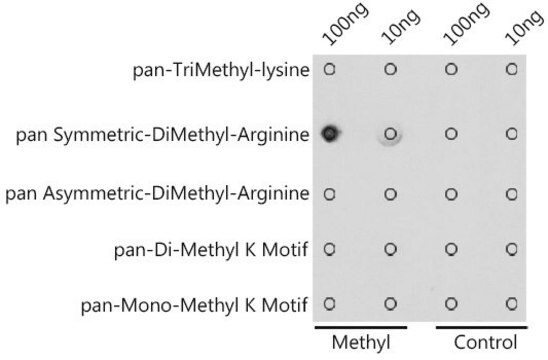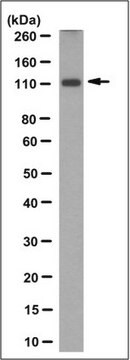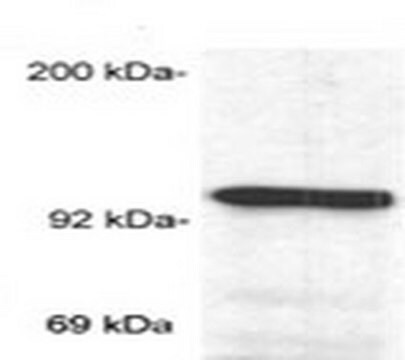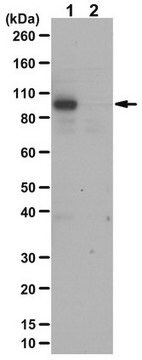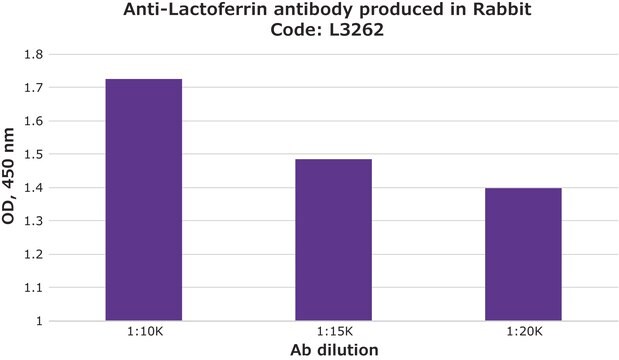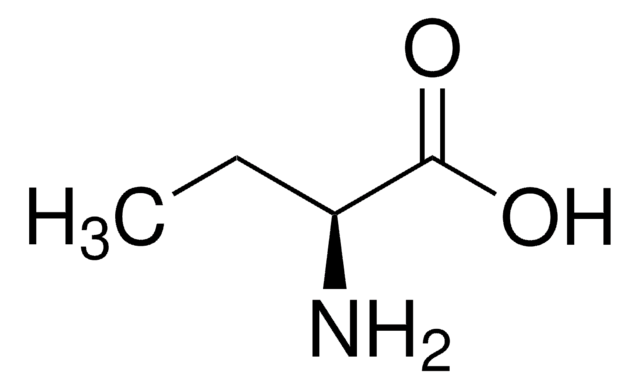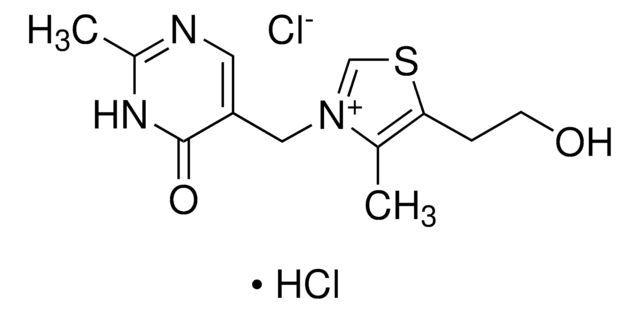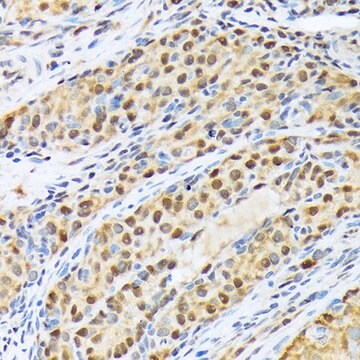ABE1424
Anti-Glucocorticoid Receptor Antibody
serum, from rabbit
Synonym(s):
Glucocorticoid Receptor, GR, Nuclear receptor subfamily 3 group C member 1
About This Item
Recommended Products
biological source
rabbit
Quality Level
antibody form
serum
antibody product type
primary antibodies
clone
polyclonal
species reactivity
human, mouse
species reactivity (predicted by homology)
nonhuman primates (based on 100% sequence homology), canine (based on 100% sequence homology), bovine (based on 100% sequence homology), feline (based on 100% sequence homology), horse (based on 100% sequence homology)
technique(s)
affinity binding assay: suitable
western blot: suitable
NCBI accession no.
UniProt accession no.
shipped in
dry ice
target post-translational modification
unmodified
Gene Information
human ... NR3C1(2908)
General description
Specificity
Immunogen
Application
Epigenetics & Nuclear Function
Hormones & Receptors
Western Blotting Analysis: A representative lot detected both wild-type glucocorticoid receptor (GR) and the Dim4 DNA-binding mutant in lysates from U2OS cells that express the respective human GR constructs (Revollo, J.R., et al. (2013). Sci. Signal. 6(304):ra103).
Western Blotting Analysis: A representative lot detected both free glucocorticoid receptor (GR) and dexamethasone mesylate (Dex-Mes) labeled GR in HeLa S3 cell lysates (Cidlowski, J.A., et al. (1990). Mol. Endocrinol 4(10):1427-1437).
Affinity Binding Assay: A representative lot bound monomeric glucocorticoid receptor (GR) as well as oligomeric GR complexes in cytosolic preparations from dexamethasone-/Dex-treated HeLa S3 cells without affecting GR DNA-binding activity (Cidlowski, J.A., et al. (1990). Mol. Endocrinol 4(10):1427-1437).
Quality
Western Blotting Analysis: A 1:5,000 dilution of this antibody detected glucocorticoid receptor in 10 µg of HeLa cell lysate.
Target description
Physical form
Storage and Stability
Handling Recommendations: Upon receipt and prior to removing the cap, centrifuge the vial and gently mix the solution. Aliquot into microcentrifuge tubes and store at -20°C. Avoid repeated freeze/thaw cycles, which may damage IgG and affect product performance.
Other Notes
Disclaimer
Not finding the right product?
Try our Product Selector Tool.
Storage Class Code
12 - Non Combustible Liquids
WGK
WGK 1
Flash Point(F)
Not applicable
Flash Point(C)
Not applicable
Regulatory Listings
Regulatory Listings are mainly provided for chemical products. Only limited information can be provided here for non-chemical products. No entry means none of the components are listed. It is the user’s obligation to ensure the safe and legal use of the product.
JAN Code
ABE1424:
Certificates of Analysis (COA)
Search for Certificates of Analysis (COA) by entering the products Lot/Batch Number. Lot and Batch Numbers can be found on a product’s label following the words ‘Lot’ or ‘Batch’.
Already Own This Product?
Find documentation for the products that you have recently purchased in the Document Library.
Our team of scientists has experience in all areas of research including Life Science, Material Science, Chemical Synthesis, Chromatography, Analytical and many others.
Contact Technical Service
